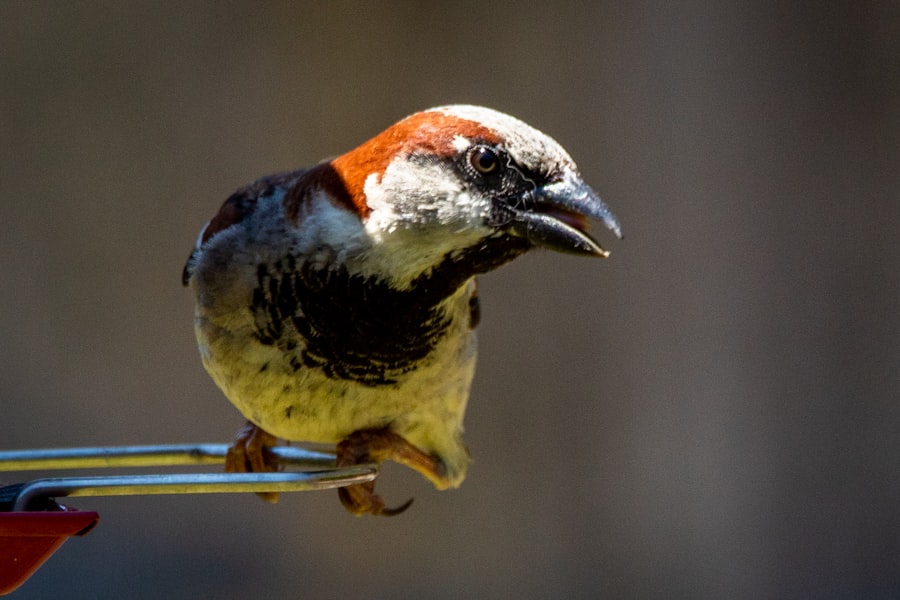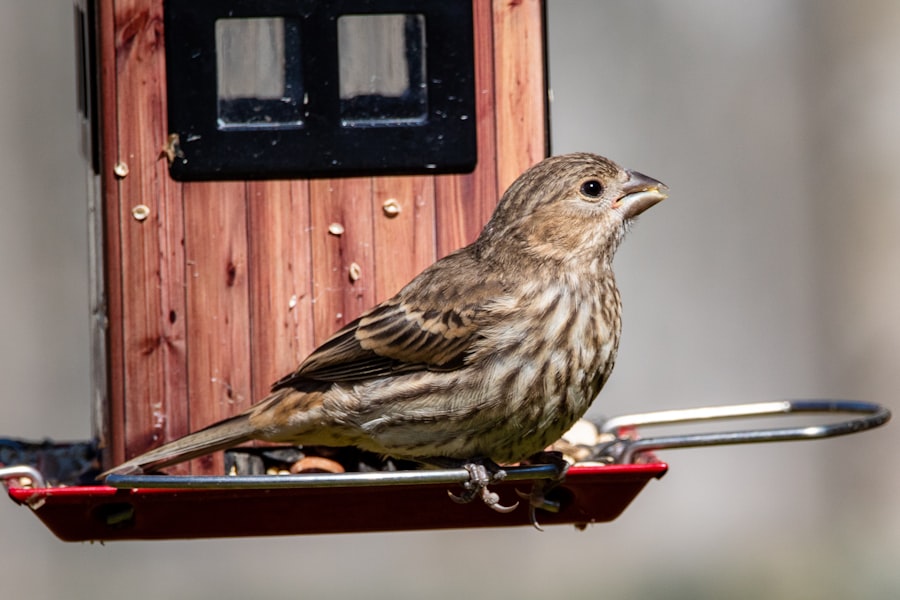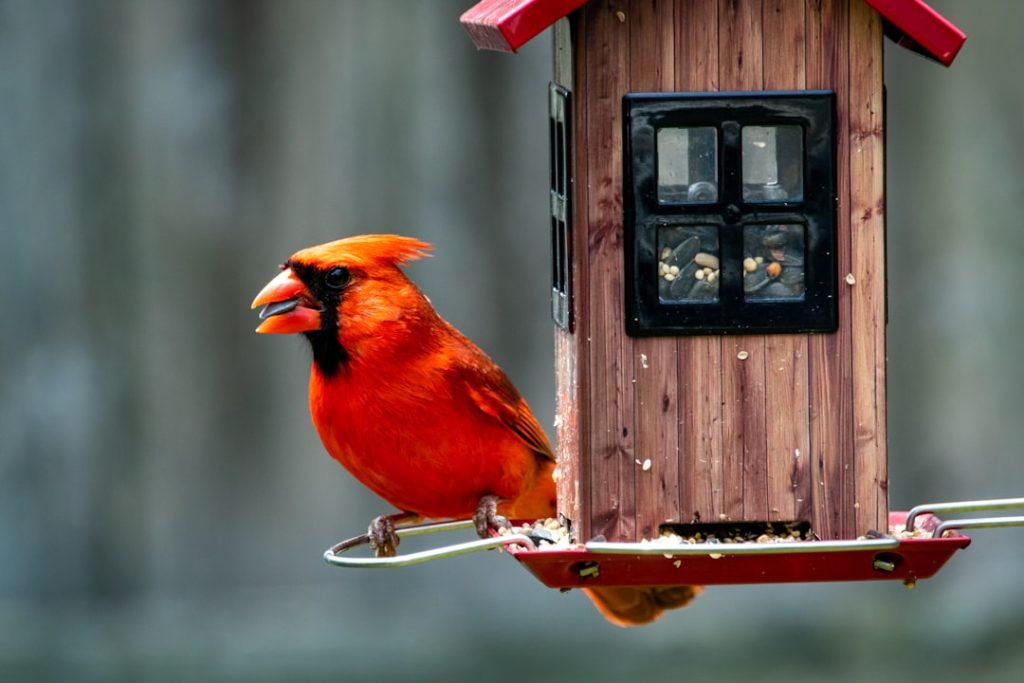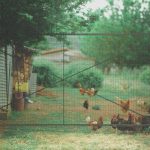Raising chickens in a garden offers numerous benefits and can be a fulfilling endeavor. These birds provide fresh eggs, assist with pest management, contribute to soil fertility, and serve as companionable pets. Integrating chickens into a garden setting can enhance sustainability and self-reliance for both novice and experienced gardeners.
However, chicken-keeping requires careful consideration and preparation. Key aspects of maintaining chickens in a garden include selecting appropriate breeds, constructing suitable housing and enclosures, implementing proper feeding regimens, and providing adequate care. Each of these factors plays a crucial role in ensuring the well-being and productivity of the flock.
Prospective chicken-keepers should be aware of the responsibilities involved and potential challenges that may arise. These can include predator protection, disease prevention, and compliance with local regulations. Understanding these aspects is essential for successful chicken-keeping in a garden environment.
This article will provide a comprehensive overview of keeping chickens in gardens, covering best practices, common issues, and strategies for optimizing the experience for both the chickens and their caretakers.
Table of Contents
- 1 Choosing the Right Breed of Chickens for Your Garden
- 2 Setting Up a Coop and Run in Your Garden
- 3 Feeding and Caring for Your Chickens
- 4 Dealing with Common Challenges and Concerns
- 5 Benefits of Keeping Chickens in the Garden
- 6 Conclusion and Tips for Successful Chicken Keeping in the Garden
- 7 FAQs
- 7.1 What are the basic requirements for keeping chickens in the garden?
- 7.2 How much space do chickens need in a garden?
- 7.3 What are the legal considerations for keeping chickens in a garden?
- 7.4 What are the potential challenges of keeping chickens in the garden?
- 7.5 What are the benefits of keeping chickens in the garden?
Key Takeaways
- Keeping chickens in the garden can be a rewarding and enjoyable experience for both adults and children.
- When choosing the right breed of chickens for your garden, consider factors such as temperament, egg-laying capabilities, and climate adaptability.
- Setting up a coop and run in your garden requires careful planning to ensure the safety and comfort of your chickens.
- Feeding and caring for your chickens involves providing a balanced diet, clean water, and regular health checks.
- Common challenges and concerns when keeping chickens in the garden include predators, disease prevention, and managing chicken waste.
- Benefits of keeping chickens in the garden include fresh eggs, natural pest control, and the opportunity for children to learn about responsibility and animal care.
- In conclusion, successful chicken keeping in the garden requires proper planning, regular maintenance, and a commitment to providing a safe and healthy environment for your chickens.
Choosing the Right Breed of Chickens for Your Garden
Climate and Environment
First, think about the climate and environment in which you live. Some breeds are better suited for cold weather, while others thrive in warmer climates.
Purpose of Keeping Chickens
Additionally, consider the purpose of keeping chickens in your garden. If you are primarily interested in egg production, then you may want to choose a breed known for its high egg-laying capabilities. On the other hand, if you are looking for chickens that are good for meat production, then you will want to select a breed that grows quickly and has a good meat-to-bone ratio.
Space, Noise, and Appearance
When choosing the right breed of chickens for your garden, it’s important to consider the space available for them to roam and forage. Some breeds are more suited to free-ranging, while others are content in a confined space. Additionally, consider the noise level of the breed, as some chickens are quieter than others. If you have close neighbors, you may want to choose a breed that is known for being quieter and less likely to disturb others. Another factor to consider is the appearance of the chickens. Some breeds have unique and beautiful plumage, which can add visual interest to your garden.
Ultimately, the right breed of chickens for your garden will depend on your specific needs, preferences, and the environment in which they will be living.
Setting Up a Coop and Run in Your Garden

Setting up a coop and run is an essential part of keeping chickens in your garden. The coop provides shelter and a safe place for the chickens to roost and lay eggs, while the run gives them space to exercise and forage. When designing and building a coop and run, it’s important to consider the size of your garden, the number of chickens you plan to keep, and any local regulations or restrictions regarding chicken housing.
The coop should be well-ventilated, predator-proof, and easy to clean. It should also have nesting boxes for egg-laying and perches for roosting. The run should be spacious enough to allow the chickens to move around freely and engage in natural behaviors like scratching and dust bathing.
When setting up a coop and run in your garden, consider the materials you will use for construction. Wood is a popular choice for coops due to its insulating properties and natural appearance. However, metal or plastic coops are also options to consider, as they are durable and easy to clean.
When it comes to the run, chicken wire is essential for keeping predators out while still allowing the chickens to see and interact with their surroundings. Additionally, consider adding features like a dust bath area, perches, and shade structures to make the coop and run more comfortable and enjoyable for your chickens. Finally, think about the placement of the coop and run within your garden.
It’s important to choose a location that is well-drained, away from potential predators, and easily accessible for cleaning and maintenance.
Feeding and Caring for Your Chickens
Feeding and caring for your chickens is an important aspect of keeping them healthy and happy in your garden. Chickens require a balanced diet that includes protein, carbohydrates, vitamins, and minerals. A good quality commercial feed is a convenient option that provides all the essential nutrients chickens need.
Additionally, chickens enjoy eating kitchen scraps such as fruit and vegetable peels, bread crusts, and leftover grains. However, it’s important to avoid feeding them foods that are toxic or harmful to their health, such as chocolate, avocado, or raw beans. Providing access to fresh water at all times is also crucial for keeping chickens hydrated and healthy.
In addition to feeding, caring for your chickens involves regular health checks and maintenance. Keep an eye on their overall condition, including their feathers, eyes, beak, legs, and vent. Look out for any signs of illness or injury, such as lethargy, abnormal droppings, or changes in behavior.
Regularly clean the coop and nesting boxes to prevent the buildup of bacteria and parasites. Providing regular dust baths for your chickens can help keep their feathers clean and free from mites or lice. Finally, spend time with your chickens each day to observe their behavior, interact with them, and provide enrichment activities such as hanging treats or introducing new toys.
By paying attention to their diet and overall well-being, you can ensure that your chickens thrive in your garden.
Dealing with Common Challenges and Concerns
Keeping chickens in your garden comes with its own set of challenges and concerns that may arise. One common challenge is predator protection. Predators such as foxes, raccoons, hawks, and even neighborhood dogs can pose a threat to your chickens.
To protect them from predators, make sure that the coop and run are secure with strong fencing and locks. Consider adding motion-activated lights or alarms as an additional deterrent. Another concern is disease prevention.
Chickens can be susceptible to various diseases such as respiratory infections or parasites like mites or worms. To prevent disease, practice good hygiene by regularly cleaning the coop and providing access to fresh water and nutritious food. Another challenge that may arise when keeping chickens in your garden is noise management.
While some breeds are quieter than others, all chickens have the potential to make noise through clucking or crowing. If noise is a concern in your neighborhood, consider speaking with your neighbors about your plans to keep chickens and take steps to minimize noise levels through coop design or environmental barriers like planting hedges or installing soundproofing materials. Additionally, managing waste can be a concern when keeping chickens in your garden.
Chicken manure is a valuable source of fertilizer but can also create odors if not managed properly. Consider composting chicken manure or using it as a soil amendment in designated areas of your garden.
Benefits of Keeping Chickens in the Garden

Pest Control and Soil Health
Chickens are natural pest controllers and can help reduce the population of insects like slugs, snails, and grubs in your garden. Their scratching behavior also helps aerate the soil and distribute organic matter while their droppings provide valuable nutrients for plants.
Companionship and Relaxation
Additionally, chickens can be great companions with their entertaining behaviors and social interactions with each other. They can also provide a sense of calmness and relaxation as you observe them going about their daily activities in the garden.
Sustainability and Education
Keeping chickens in your garden promotes sustainability by reducing food waste through composting kitchen scraps and providing natural fertilizer for your plants. It also allows you to have more control over where your food comes from by producing your own eggs in a humane and environmentally friendly manner. Furthermore, having chickens in your garden can be an educational experience for children or visitors who can learn about animal care, biology, and where food comes from through observing and interacting with the chickens.
Conclusion and Tips for Successful Chicken Keeping in the Garden
In conclusion, keeping chickens in your garden can be a fulfilling experience that provides numerous benefits for both you and your garden. By choosing the right breed of chickens suited for your environment and needs, setting up a well-designed coop and run, providing proper care and nutrition, addressing common challenges with proactive solutions, you can create a harmonious environment where chickens thrive alongside your plants. To ensure successful chicken keeping in your garden, consider these tips:
1) Research local regulations regarding chicken keeping before getting started.
2) Provide ample space for your chickens to roam freely while still being protected from predators.
3) Invest in high-quality feed while supplementing with kitchen scraps.
4) Regularly clean the coop and run while monitoring the health of your chickens.
5) Communicate with neighbors about potential concerns such as noise or waste management.
6) Embrace the many benefits that come with having chickens in your garden including pest control, soil fertility enhancement, companionship, sustainability promotion, educational opportunities.
By following these tips and being attentive to the needs of your feathered friends, you can create a thriving environment where both plants and chickens flourish together in harmony within your garden.
If you’re considering keeping chickens in your garden, you may also be interested in learning about the best location for your chicken coop. Poultry Wizard offers a helpful article on “Where to Put Chicken Coop” that provides valuable tips and advice on finding the ideal spot for your coop to ensure the health and happiness of your feathered friends. Check out the article here for more information.
FAQs
What are the basic requirements for keeping chickens in the garden?
Chickens require a secure coop for shelter, a run for exercise, access to fresh water, and a balanced diet of chicken feed.
How much space do chickens need in a garden?
Chickens need at least 2-3 square feet of coop space per bird and 8-10 square feet of outdoor space per bird for foraging and exercise.
What are the legal considerations for keeping chickens in a garden?
Local regulations and homeowners’ association rules may dictate the number of chickens allowed, coop placement, and noise restrictions. It’s important to check and comply with these regulations.
What are the potential challenges of keeping chickens in the garden?
Chickens can attract predators, create noise, and produce waste. Additionally, they may damage garden plants if not properly managed.
What are the benefits of keeping chickens in the garden?
Chickens can provide fresh eggs, natural pest control, and fertilizer for the garden. They also offer companionship and entertainment for gardeners.
Meet Walter, the feathered-friend fanatic of Florida! Nestled in the sunshine state, Walter struts through life with his feathered companions, clucking his way to happiness. With a coop that’s fancier than a five-star hotel, he’s the Don Juan of the chicken world. When he’s not teaching his hens to do the cha-cha, you’ll find him in a heated debate with his prized rooster, Sir Clucks-a-Lot. Walter’s poultry passion is no yolk; he’s the sunny-side-up guy you never knew you needed in your flock of friends!







